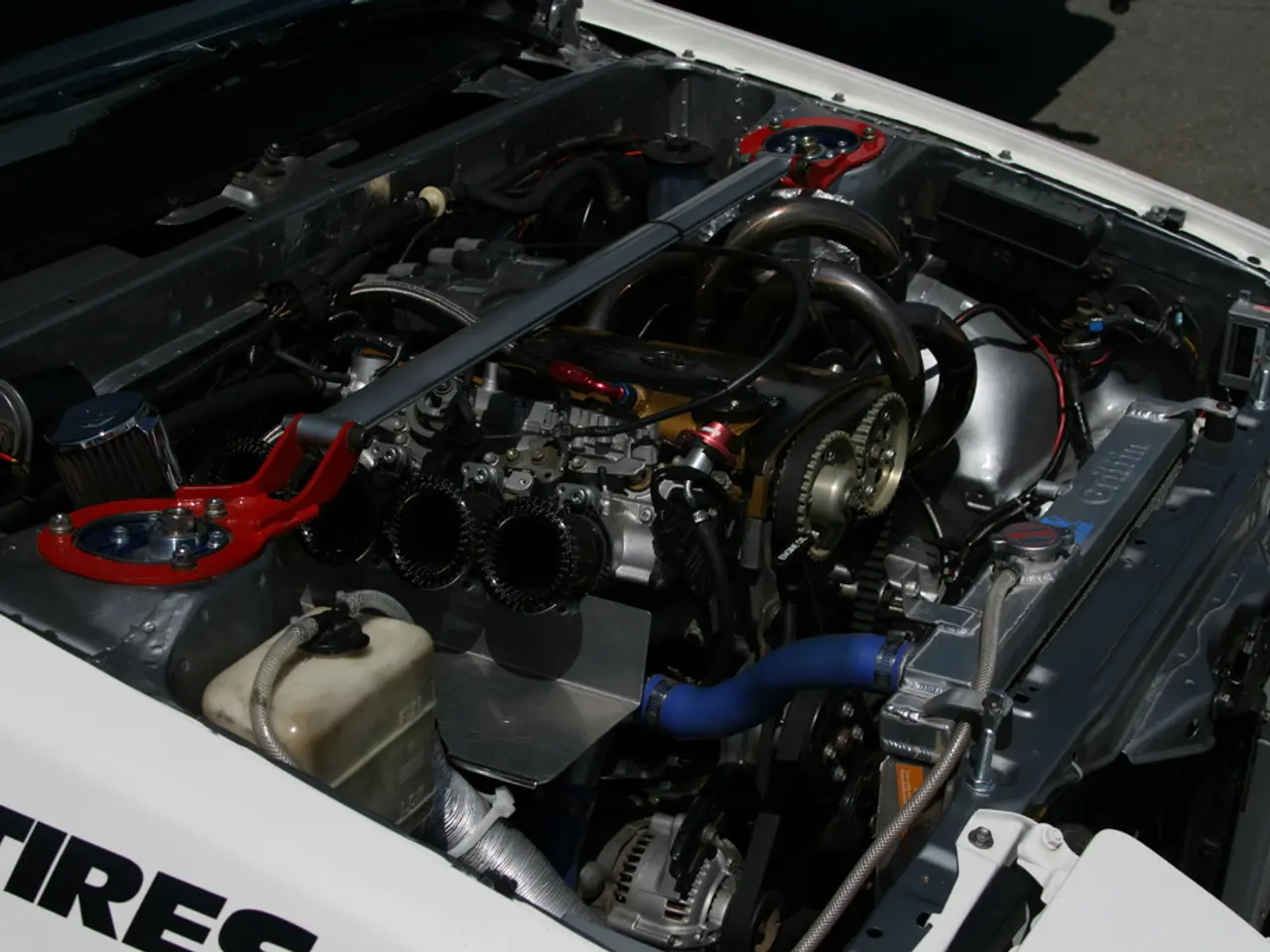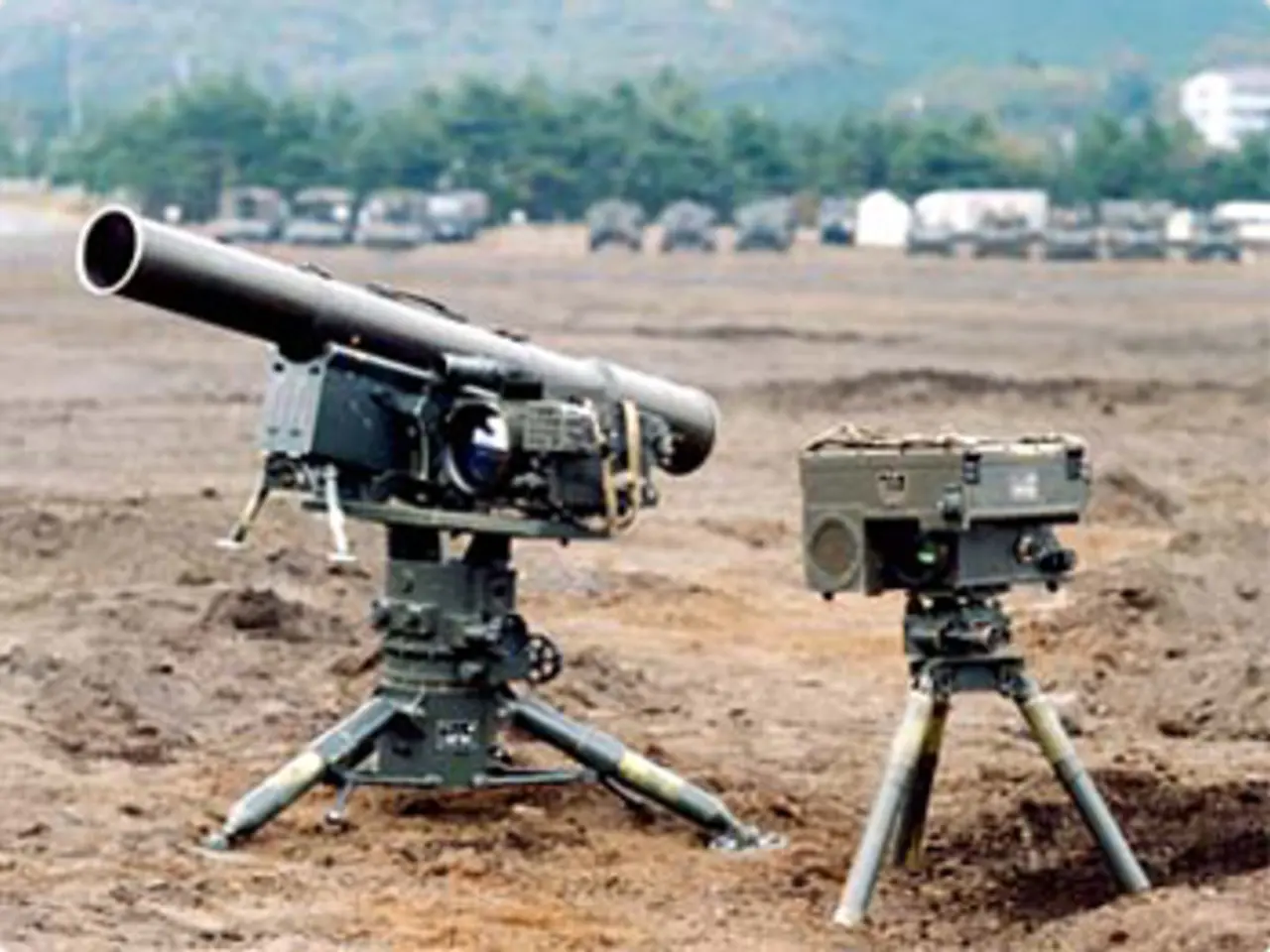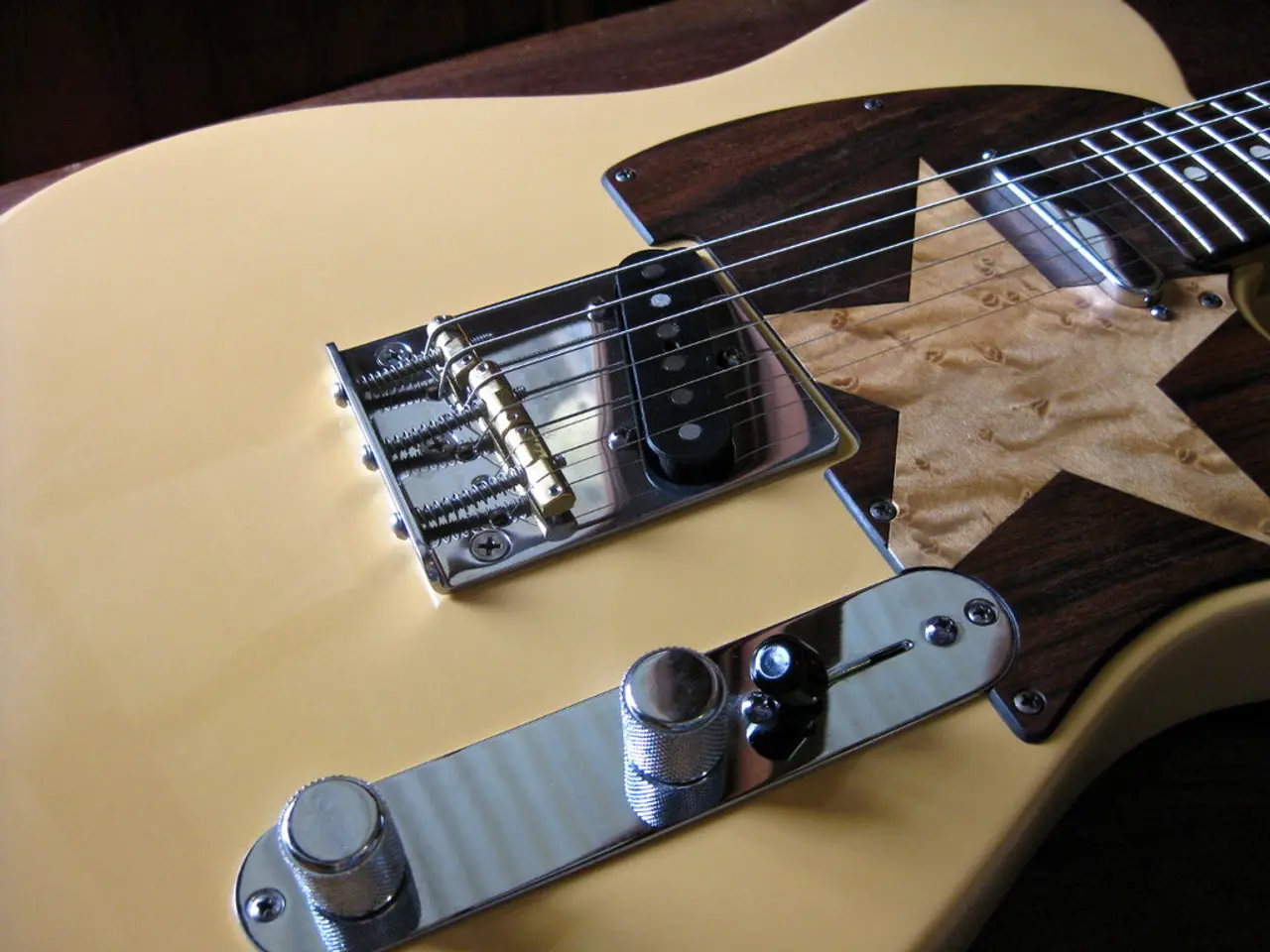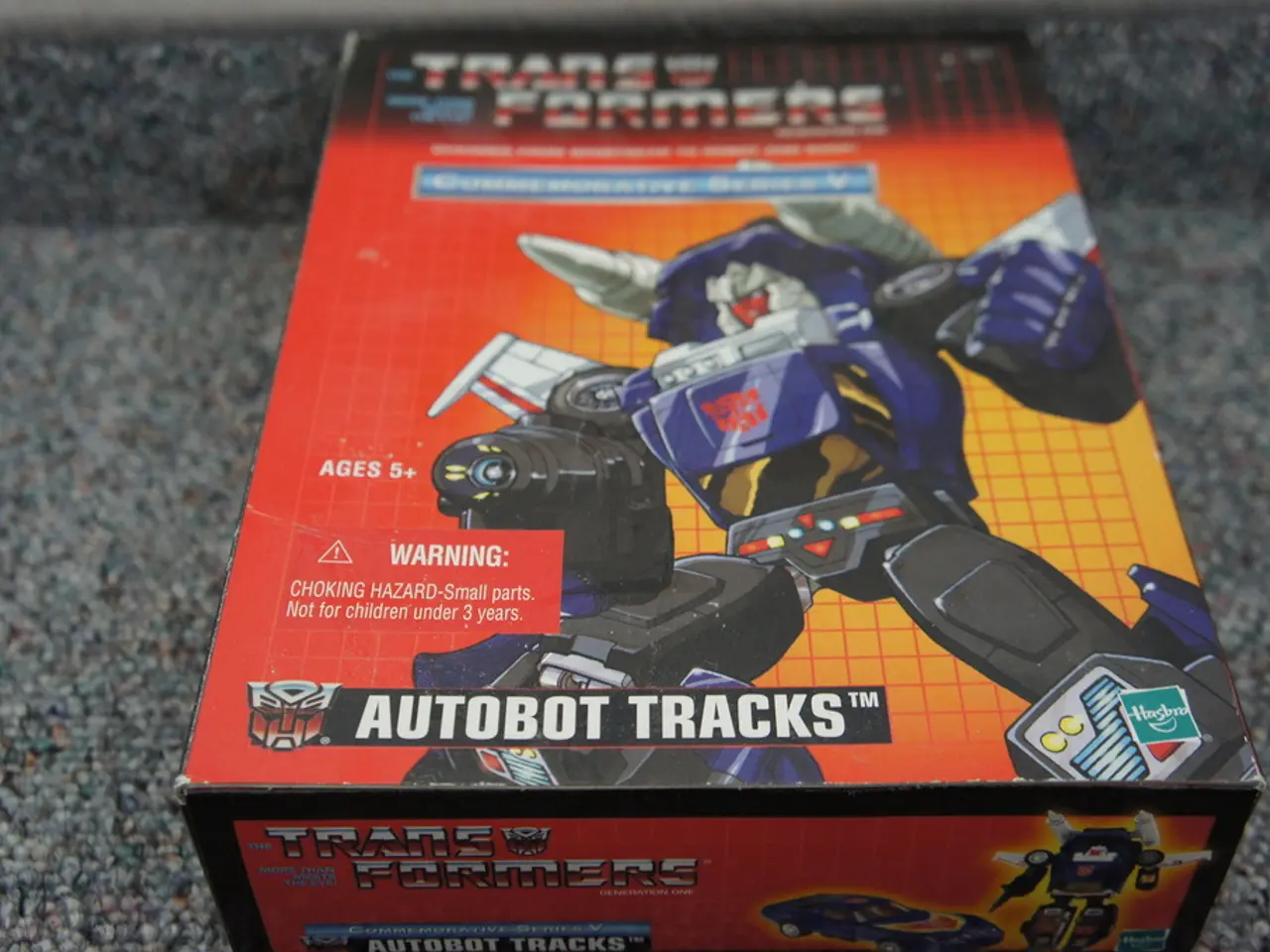Volvo searches for American battery sources to dodge 25% tax on crucial model in the United States
In a bid to mitigate the impact of increased tariffs on electric vehicle (EV) imports, Volvo Cars is actively seeking a domestic source for the batteries of its US-made EX90 crossover. The 25 percent tariff on electric-vehicle battery cells and materials imported from China has been a significant challenge for the company, contributing to a $1.2 billion impairment charge and hurting sales margins.
To lessen reliance on imports and minimize tariff costs, Volvo is moving towards localized battery production in North America. This strategy is evident in the company's recent expansions, which involve battery pack manufacturing in the US to support models like the XC60.
One potential battery supplier for Volvo in the US is LG Energy Solution, which has a 2-million-square-foot joint venture cell factory with Honda Motor Co. in Ohio and is expanding its footprint in the US, supplying EV maker Rivian from a factory in Arizona. Another contender is South Korea's SK On, which operates a $2.6 billion factory in Commerce, Ga., with a capacity to supply about 300,000 EVs annually.
Volvo's own battery production facilities or joint ventures within North America could also be a viable option, leveraging their expanded battery pack manufacturing lines to produce batteries domestically. The company's extensive manufacturing operations across North America, including multiple facilities in the US, Canada, and Mexico, provide a strong foundation for such partnerships or in-house production.
The battery accounts for about 30 percent of an EV's cost, making it a critical component in the quest for cost-effective, competitive EVs. Volvo Cars is currently working diligently to find a local battery manufacturer in the US to minimize costs and ensure the competitiveness of key EV models in the US market.
The EX90, assembled in Ridgeville, S.C., currently uses batteries from China's Contemporary Amperex Technology Co. (CATL), a supplier for several major automakers, including Tesla, Stellantis, and Volkswagen Group. However, CATL has been added to the U.S. Defense Department's list of firms with alleged links to the Chinese military, raising concerns about the company's involvement in the US market.
AutoForecast Solutions projects Volvo will produce up to 22,000 EX90s in the US this year. The CEO of Volvo Cars, Jim Rowan, has stated that the higher tariff affects the profit of the EX90, prompting a $3,300 increase in the sticker price last summer.
Liu Pengyu, a spokesperson for the Chinese embassy in Washington, expressed concerns about the US's tariff practices affecting foreign companies' confidence in investing and operating within the US. As Volvo Cars continues its search for a domestic battery supplier, the company's decision could have far-reaching implications for the EV industry in the US and beyond.
- In an effort to reduce dependence on foreign suppliers and cut tariff costs, Volvo Cars is considering domestic battery manufacturers like LG Energy Solution in the US and SK On in Georgia, as well as potential in-house production through their existing North American manufacturing facilities.
- The local battery production strategy could significantly impact the EV industry in the US and beyond, potentially lowering costs for key Volvo models and ensuring competitiveness in the US market, while also addressing concerns about the involvement of foreign suppliers such as CATL with alleged links to the Chinese military.




